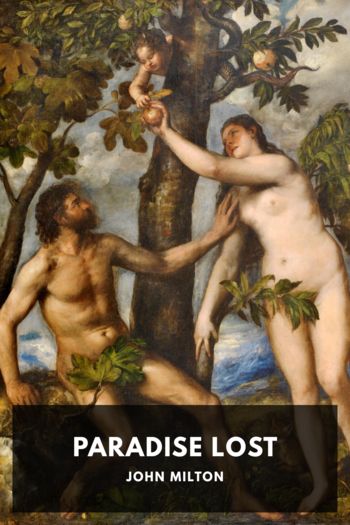Judgment of Solomon by so great a man as N. Poussin, which I once heard admired for the skill and discrimination of the artist in making all the women, who are ranged on one side, in the greatest alarm at the sentence of the judge, while all the men on the opposite side see through the design of it. Nature does not go to work or cast things in a regular mould in this sort of way. I once heard a person remark of another, “He has an eye like a vicious horse.” This was a fair analogy. We all, I believe, have noticed the look of a horse’s eye just before he is going to bite or kick. But will anyone, therefore, describe to me exactly what that look is? It was the same acute observer that said of a self-sufficient, prating music-master, “He talks on all subjects at sight”—which expressed the man at once by an allusion to his profession, the coincidence was indeed perfect. Nothing else could compare with the easy assurance with which this gentleman would volunteer an explanation of things of which he was most ignorant, but the nonchalance with which a musician sits down to a harpsichord to play a piece he has never seen before. My physiognomical friend would not have hit on this mode of illustration without knowing the profession of the subject of his criticism; but having this hint given him, it instantly suggested itself to his “sure trailing.” The manner of the speaker was evident; and the association of the music-master sitting down to play at sight, lurking in his mind, was immediately called out by the strength of his impression of the character. The feeling of character and the felicity of invention in explaining it were nearly allied to each other. The first was so wrought up and running over that the transition to the last was very easy and unavoidable. When Mr. Kean was so much praised for the action of Richard in his last struggle with his triumphant antagonist, where he stands, after his sword is wrested from him, with his hands stretched out, “as if his will could not be disarmed, and the very phantoms of his despair had a withering power,” he said that he borrowed it from seeing the last efforts of Painter in his fight with Oliver. This assuredly did not lessen the merit of it. Thus it ever is with the man of real genius. He has the feeling of truth already shrined in his own breast, and his eye is still bent on Nature to see how she expresses herself. When we thoroughly understand the subject it is easy to translate from one language into another. Raphael, in muffling up the figure of Elymas the Sorcerer in his garments, appears to have extended the idea of blindness even to his clothes. Was this design? Probably not; but merely the feeling of analogy thoughtlessly suggesting this device, which being so suggested was retained and carried on, because it flattered or fell in with the original feeling. The tide of passion, when strong, overflows and gradually insinuates itself into all nooks and corners of the mind. Invention (of the best kind) I therefore do not think so distinct a thing from feeling as some are apt to imagine. The springs of pure feeling will rise and fill the moulds of fancy that are fit to receive it. There are some striking coincidences of colour in well-composed pictures, as in a straggling weed in the foreground streaked with blue or red to answer to a blue or red drapery, to the tone of the flesh or an opening in the sky:—not that this was intended, or done by the rule (for then it would presently become affected and ridiculous), but the eye, being imbued with a certain colour, repeats and varies it from a natural sense of harmony, a secret craving and appetite for beauty, which in the same manner soothes and gratifies the eye of taste, though the cause is not understood. Tact, finesse, is nothing but the being completely aware of the feeling belonging to certain situations, passions, etc., and the being consequently sensible to their slightest indications or movements in others. One of the most remarkable instances of this sort of faculty is the following story, told of Lord Shaftesbury, the grandfather of the author of the
Characteristics. He had been to dine with Lady Clarendon and her daughter, who was at that time privately married to the Duke of York (afterwards James II), and as he returned home with another nobleman who had accompanied him, he suddenly turned to him, and said, “Depend upon it, the Duke has married Hyde’s daughter.” His companion could not comprehend what he meant; but on explaining himself, he said, “Her mother behaved to her with an attention and a marked respect that it is impossible to account for in any other way; and I am sure of it.” His conjecture shortly afterwards proved to be the truth. This was carrying the prophetic spirit of common sense as far as it could go.
The Same Subject Continued
Genius or originality is, for the most part, some strong quality in the mind, answering to and bringing out some new and striking quality in nature.
Imagination is, more properly, the power of carrying on a given feeling into other situations, which must be done best according to the hold which the feeling itself has taken of the mind.18 In new and unknown combinations the impression must act by sympathy, and not by rule, but there can be no sympathy where there is no passion, no original interest. The personal interest may in some cases oppress and circumscribe the imaginative faculty, as in the instance of Rousseau: but in general the strength and consistency of the imagination will be in proportion to the strength and depth of feeling; and it is rarely that






Comments (0)